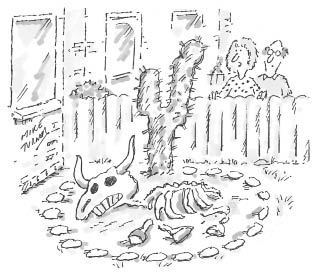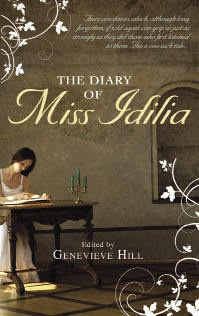Cross-cultural exchanges
The 18 stories, each around a dozen pages long, in E.C. Osondu’s Voice of America seem to have poured out of him like water. They have a fluency, an evenness of tone and texture, that creates an illusion of transparency and simplicity. The 18 stories, each around a dozen pages long, in E.C. Osondu’s Voice of America seem to have poured out of him like water. They have a fluency, an evenness of tone and texture, that creates an illusion of transparency and simplicity. There’s great comedy — and also artistry — in this because almost every story actually describes some degree of false consciousness, wrong-headedness or pathetic illusion. Life








